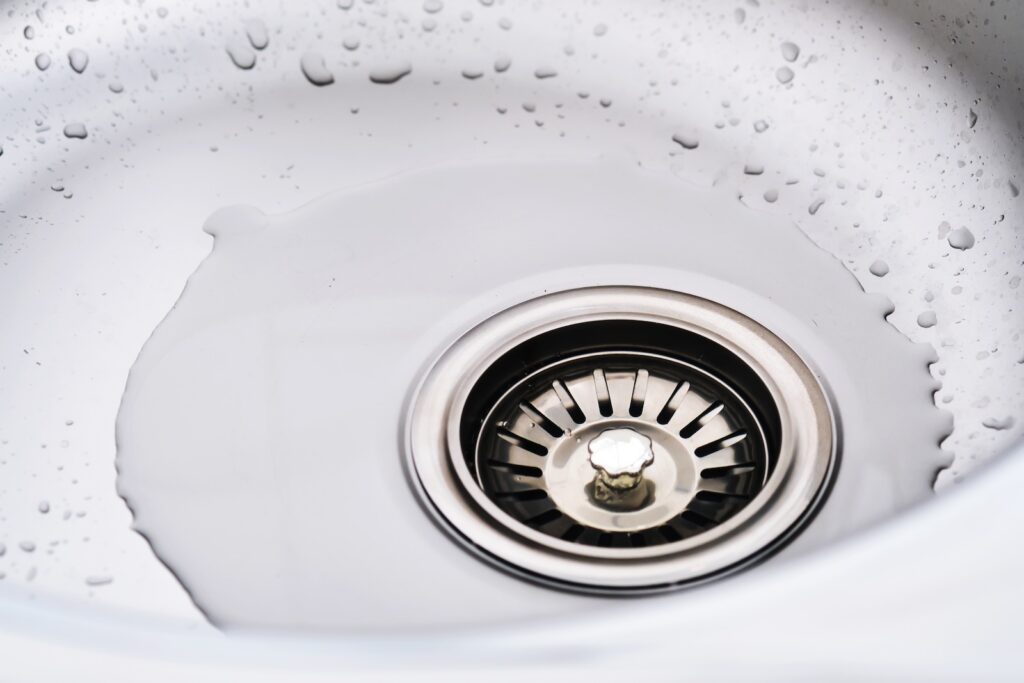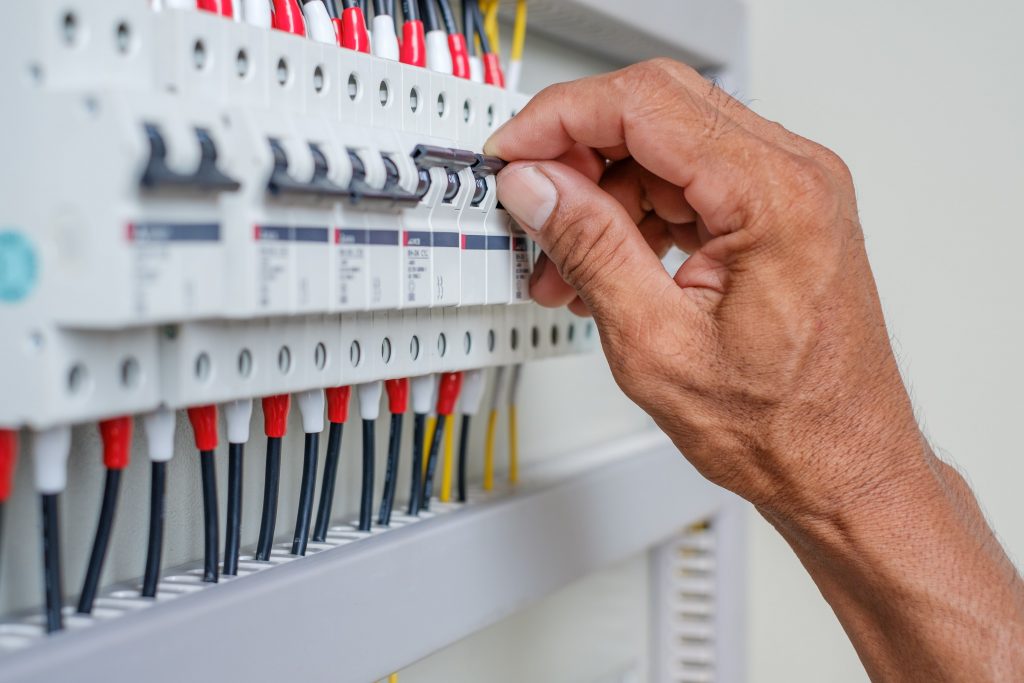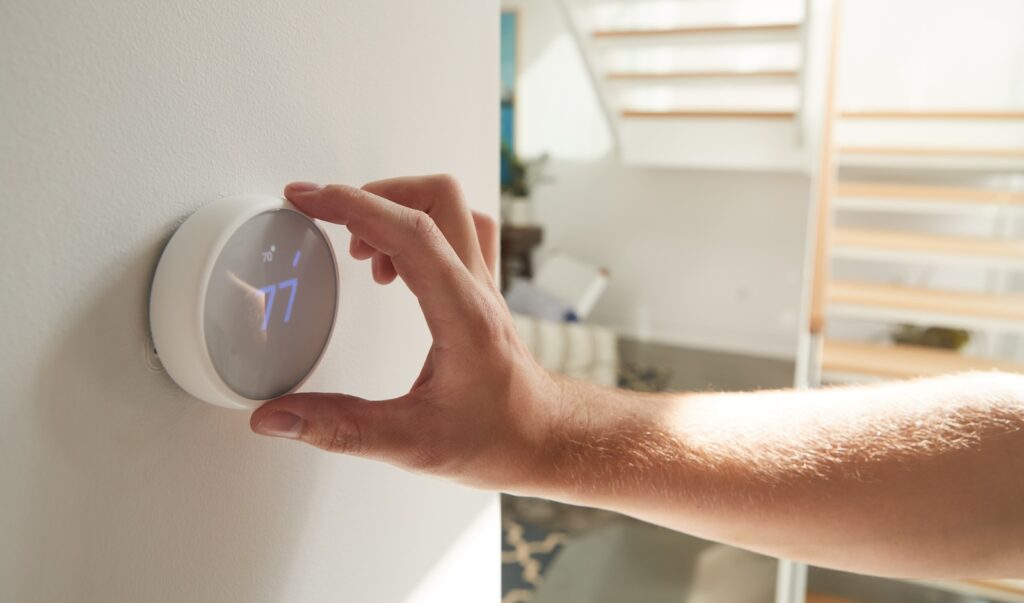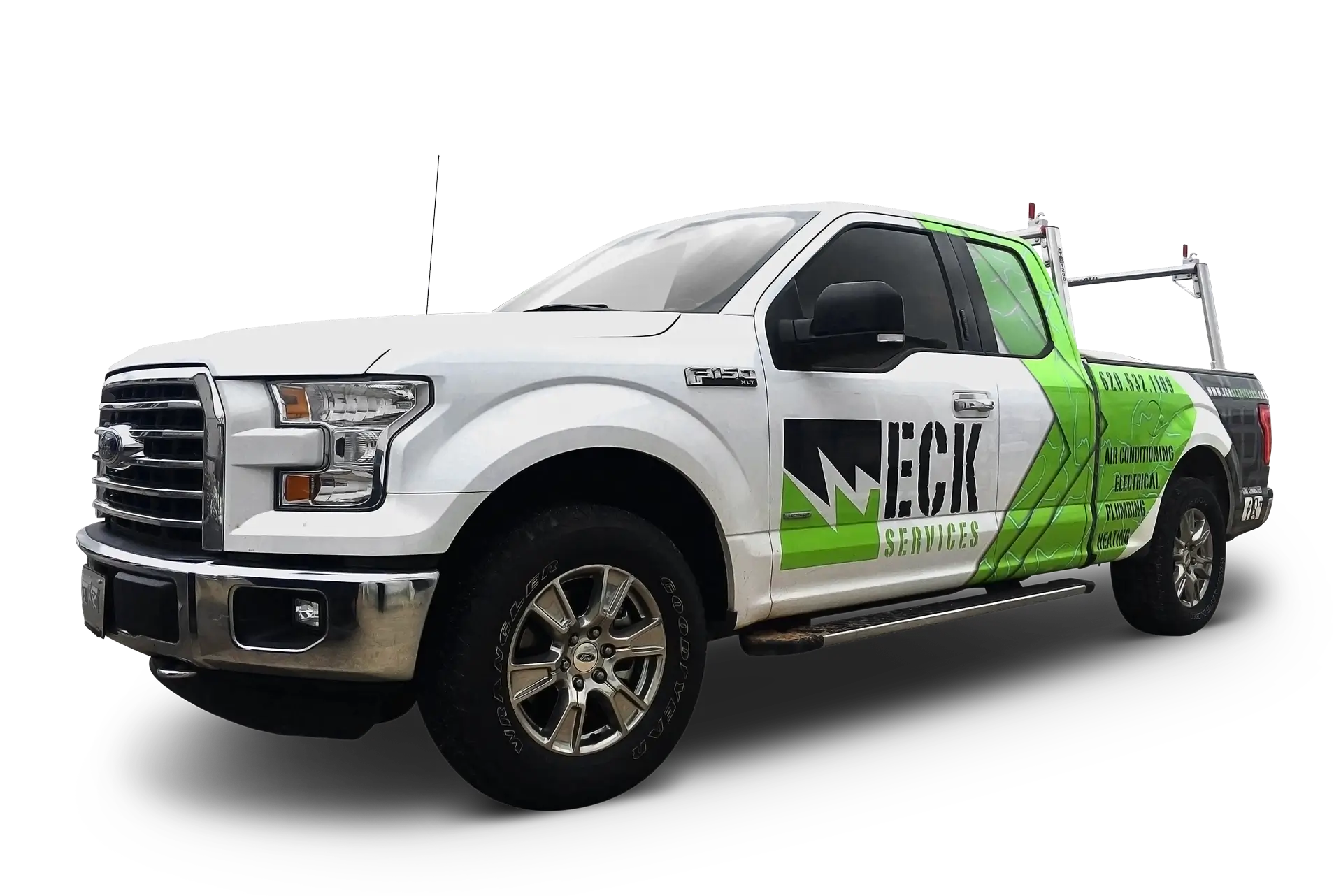Blog
Why Is My Electric Bill So High?

A rise in your electricity bill could have several possible causes. The underlying factor is often an inefficient electrical system. If your energy consumption has been rising, there are practical steps you can take to manage the bills. Here are some of the factors that could influence power usage in your home.
1. Consider the Impact of Adding New Appliances
If you have noticed a spike in your utility bills, the most obvious source is usually new appliances. You may be using electronics you acquired recently more often and alongside older, inefficient equipment.
While portable devices draw relatively low amounts of energy, some appliances will consume enough power to raise your bills dramatically. For example, estimates suggest running an extra refrigerator could cost you up to $15 more per month.
However, the cost will depend on the appliance's performance and the number of occupants in the house. More people means higher electricity usage because the devices are always running.
2. Consider Stand-By Energy Losses
It is common for most people to leave their electronic devices in standby mode. Unfortunately, your TV, laptop, and portable devices are still drawing power even when on standby. Electricians refer to the phenomenon as Vampire Power. According to the Department of Energy, an average American home wastes between 5 and 10% of vampire appliances.
What makes vampire power such a significant problem is that it can be hard to detect until the bills increase. For example, your phone will continue drawing the same amount of power even after it's fully charged. If you have the habit of leaving your smartphone to charge overnight, it could impact your electric bills.
But it is worth noting that some devices have to remain plugged in for your safety and comfort. Your thermostat and carbon monoxide sensors are some of the devices that require power 24 hours a day. But making a habit of switching off unused appliances can potentially reduce your bills by 10%.
3. You are Using Outdated Appliances
If your electricity bill is high, you could be running outdated appliances. Electronics today are more energy efficient than older models, thanks to recent advances in technology.
You could replace your equipment with Energy Star-certified appliances. Energy Star devices consume between 10 to 50% less energy compared to conventional electronics. The certification helps consumers identify products that are efficient and environmentally friendly.
If you plan to acquire new appliances, consult ECK Services in Wichita. Sometimes the equipment is faulty, and there is no need for a replacement. Our certified technicians can fix faults and save you the hustle of acquiring a new appliance.
4. Assess Your Heating Appliances' Temperature Setting
Your energy consumption could also be due to the temperature settings on your water heater. Your heater's thermostat will typically have a set temperature of 140 degrees Fahrenheit. But for residential use, you can turn it down to 120 degrees.
A high setting of 140 degrees Fahrenheit will unnecessarily raise your home's utility bills. Hot water also encourages mineral buildup on your equipment components. The higher the temperature, the more the sediments accumulate. The mineral buildup will compound the problem and raise your bills further.
The Energy Department estimates you could waste between $30 to $60 annually with high-temperature settings. If you have multiple heaters, turning down the heat can accrue considerable savings.
When the thermostat's setting is more than 120 degrees, there is also the risk of scalding. Hot water can be dangerous, particularly for children and people with disabilities. However, people with chronic respiratory disease may keep the temperatures at 140 degrees. To prevent scalding, you can install mixing valves to regulate the flow of water from fixtures.
5. Inefficient Use of a HVAC Thermostat
Estimates suggest that your heating and cooling system are responsible for 70% of your energy consumption. So, if your bills spike, one of the factors you ought to assess is the equipment's energy efficiency.
You can optimize the performance of your HVAC unit by using your thermostat wisely. In the hot, muggy summer in Kansas, there may be a temptation to bump down the temperature settings. However, that will only increase your electrical consumption and may not result in more comfort.
Unless your cooling system includes a dehumidifier, you may need to run it longer to keep your home cozy. That's because the air tends to feel hotter when it's muggy. Your air conditioner has limitations when it comes to dehumidification. An efficient system will drain excess condensation through the condensate drain. But that will hardly remove moisture when humidity levels are high.
A smart device can regulate interior temperatures and humidity better. Programmable thermostats can determine when to cool or heat the room, depending on your day-to-day routine. You can access its configuration from a remote location to start your HVAC unit or dehumidifier.
Smart devices can be complicated to install. They have many wiring configurations, and they may not always be compatible with your existing equipment. That's why ECK Services recommends consulting a certified electrician in Pratt before installing the device. A qualified professional can offer insights to improve the performance of your equipment and reduce energy losses.
6. Rising Electricity Bills Due to Electrical Faults
Some appliances could be drawing a lot more power from the electrical circuit due to a fault. A malfunction within your washing machine, dishwasher, or heater could cause a short circuit. Short circuits generate a lot of heat and can raise your electricity bills.
Your home's wiring could be another culprit causing a rise in energy consumption. It's not unusual for the wires to lose their insulation due to rodents or damage at installation. They can cause a short circuit that could pose an electrical hazard for your family.
If you have an old home over 30 years old, you may want to have an electrician assess the electrical system. Outdated wiring does not have the safety features you'll find in a typical modern wired home. The house may have aluminum wiring, which is not as safe and energy efficient as copper. Your home's electrical system will struggle with the load exerted by modern appliances.
If your home's electrical system is faulty, some of the tell-tale signs you will notice include:
- Flickering lights
- Frequently tripping circuit breakers
- Discoloration on electrical outlets
- Fraying or damaged insulation
- The smell of burning plastic
7. Using Electricity at Peak Times
According to a report from the Energy Information Administration (EIA), electrical consumption in your home can vary throughout the day. Your energy use is at its lowest early in the morning. It starts to peak during the day before falling in the evening.
If you use power at peak times, you could be incurring more expenses due to higher rates. One way to save energy is to limit your consumption at peak times. Making a few practical changes can yield considerable savings in electricity bills.
If you have an electrical fault, you can consult our certified electricians to avoid hazards and reduce consumption. Our electricians can troubleshoot different parts of your system, such as outlets, smoke detectors, and ceiling fans. At ECK Services, we also fix heating, cooling, plumbing, and septic tank issues. Our team has been a recipient of the Best Electricians Award in 2019. You can trust us to give every task our complete attention from start to finish. Contact ECK Services for dependable solutions for your Pratt, Kingman, or Wichita home.




